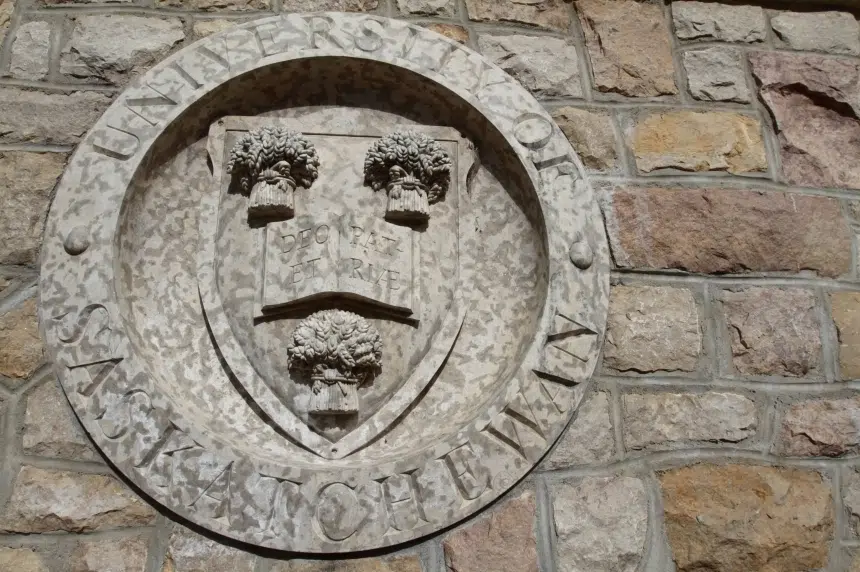A number of University of Saskatchewan students are ready to test the school’s COVID-19 vaccination policy.
After rolling out a proof-of-vaccination policy at the end of August, the Saskatoon university reported Thursday that 92 per cent of the total campus population for the fall term have submitted their COVID-19 vaccination status.
Of those who have done so, 91 per cent are fully vaccinated and 97 per cent have received at least one dose.
Students and staff not vaccinated or who have chosen to not declare their status are required to submit two negative rapid test results each week to participate in on-campus activities. The rule does not apply to those doing remote learning.
But while the university is pleased with the strong uptake to date, it acknowledges it may have to get tough on some students for non-compliance, including suspension from campus.
This week, students who had not submitted their status received email warnings from the university to complete their vaccination declaration by 5 p.m. on Thursday or risk being cut off from Canvas, the university’s online course tool.
The deadline came and went with some students still ignoring the warning.
One of the holdouts reached out to 650 CKOM. In a letter to the university’s Arvelle Van Dyck — the director of undergraduate programs who helps students with the declaration process — the student expressed her reasons for not submitting.
“It troubles me to have to write this email, but seems to be the only step I can take to complete my schooling,” she wrote.
“I have an assignment due on Friday and would love to be focusing my time and efforts on that, but those efforts will prove to be futile if I’m prohibited from even handing my assignment in.”
The student, who didn’t give her name, feels the university is taking unfair action against people who are making a personal choice not to share their vaccination status. She also alleges the university’s threatening tone to take away education access is a violation of the Health Information Protection Act.
“On the first day of classes, my professor asked the whole class ‘who still needs their second vaccination’. If these individuals are the only ones subject to regular testing and having their education access taken away, not only is this unfair, but one may see this as discrimination,” she wrote.
“This may be unintentional discrimination, however, it has still created a very noticeable divide in the individuals attending university.”
Patti McDougall, the university’s vice provost of teaching, learning and student experience, defended the policy, believing it struck a balance between an individual’s privacy and safety.
“Advancing on this strategy is the way to keep the campus safe. This is about us protecting the pack. This is about being able to combat the fourth wave. This is being able to do what we have said the whole time which is we won’t contribute to the pandemic,” McDougall said.
“I do indeed think it’s fair and I think we’ve given good and solid options to people who choose to exercise that choice.”
McDougall said faculty are not privy to the information, noting only a “tight circle” at the university has access.
In the media release, university president Peter Stoicheff said the vaccine uptake among the school’s students and staff was impressive given rates across the province.
As of Thursday, 78 per cent of Saskatchewan residents aged 12 and over had received one dose and 70 per cent had got two shots.
“The (university’s) numbers speak for themselves and far exceed those of the general population in this province, and indeed across the country,” Stoicheff said.
“We will continue to work to get these numbers higher, as full participation is vital to continue offering in-person activities, and to protect our community.”
The next requirement in the university’s proof-of-vaccination policy is for students, staff and faculty to show proof of full vaccination by Oct. 18.











